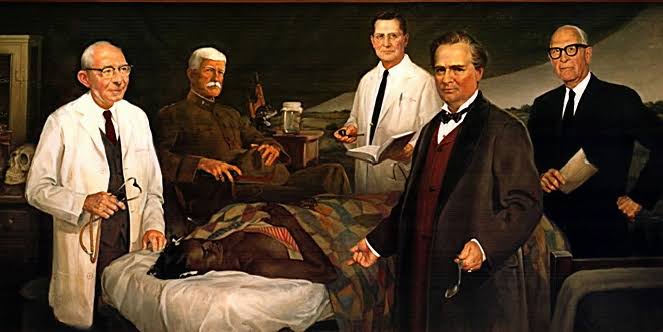In the annals of medical history, few names evoke as much controversy and debate as J. Marion Sims, often lauded as the “father of modern gynecology.” While Sims’ contributions to the field are undeniable, his methods and ethical practices have sparked intense scrutiny and criticism in recent years.
Born in 1813 in South Carolina, Sims embarked on a career that would ultimately revolutionize the field of gynecology. His groundbreaking work focused on the treatment of vesicovaginal fistulas, a devastating condition affecting women that results in urinary incontinence.
Sims’ innovative surgical techniques promised hope for countless women suffering from this debilitating ailment. However, Sims’ ascent to medical prominence is marred by a troubling truth: his experimentation on enslaved Black women without their consent or anesthesia.
Among his subjects were Anarcha, Betsey, and Lucy, whose names have only recently been acknowledged in the historical record. These women endured countless surgeries and agonizing pain as Sims sought to perfect his surgical techniques.
For years, Sims’ controversial practices went unchallenged, and he was celebrated as a medical pioneer. Monuments and statues were erected in his honor, perpetuating a sanitized version of his legacy that ignored the suffering of his subjects. It wasn’t until recent years that Sims’ dark past began to receive the scrutiny it deserved.
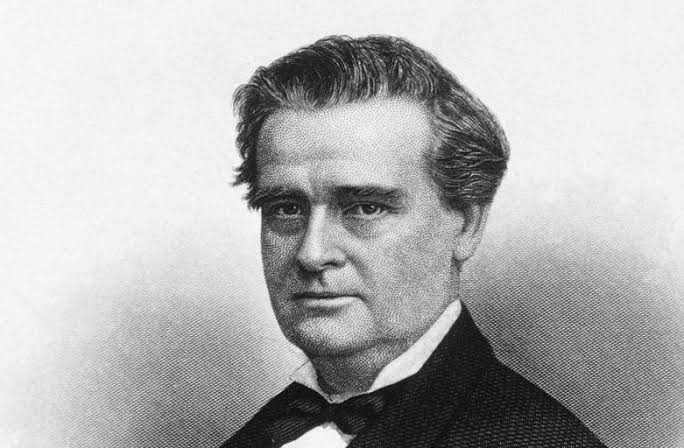
The legacy of J. Marion Sims forces us to confront uncomfortable truths about the history of medicine and the systemic racism that permeated the field. Sims’ exploitation of Black women reflects a broader pattern of medical exploitation and dehumanization that persists to this day. It serves as a stark reminder of the ethical responsibilities inherent in medical research and practice.
Also, read: Charles Barkley Threatens to Harrass Black People Who Wear Donald Trump Mugshot Shirts
In recent years, there has been a growing movement to reassess Sims’ legacy and acknowledge the harm he inflicted on marginalized communities. Calls to remove statues and monuments honoring Sims have gained traction, as communities grapple with how to reckon with his complex legacy.
Medical historian and author Harriet Washington reveals a troubling aspect of J. Marion Sims’s legacy, shedding light on his racist beliefs and inhumane medical practices. Sims, hailed as the “father of modern gynecology,” conducted disturbing experiments on enslaved Black children in addition to his infamous gynecological surgeries on Black women.
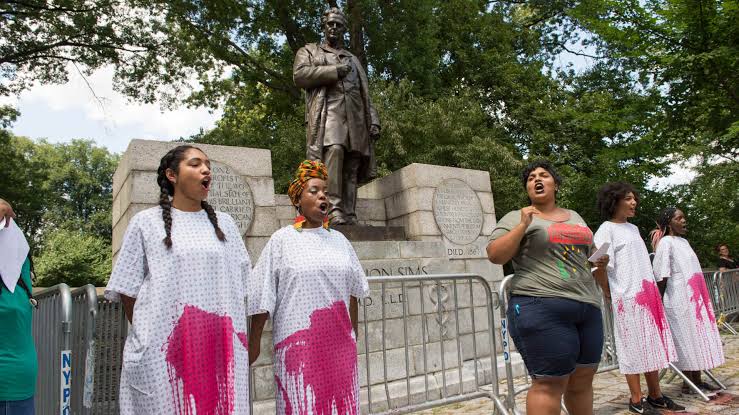
Sims’s racist ideology permeated his medical research, leading him to believe that African Americans were intellectually inferior to white people. He even speculated that their skull structure contributed to their perceived inferiority. To test his theories, Sims subjected enslaved Black children to painful surgical procedures using crude tools, aiming to alleviate “trismus nascentium,” or neonatal tetanus, with little success.
Upon relocating to New York in the 1850s, Sims continued his controversial medical practices at the first-ever Woman’s Hospital, where he faced criticism and opposition from some of his white colleagues. Despite mounting controversy, Sims remained steadfast in his beliefs, attributing any patient deaths to the supposed negligence of their mothers and attending midwives.
While Sims was celebrated as a medical trailblazer during his lifetime, his legacy has become increasingly scrutinized in recent years. Activists have called for the removal of statues honoring Sims, including those in New York City’s Central Park and outside his alma mater, Jefferson University in Philadelphia.
After years of advocacy, progress has been made in acknowledging the dark truth behind Sims’s achievements. The statue in Central Park was removed in 2018, with plans to replace its plaque with one that educates the public about Sims’s unethical experiments on women of color, including Lucy, Anarcha, and Betsey, whose names and histories were previously overlooked.
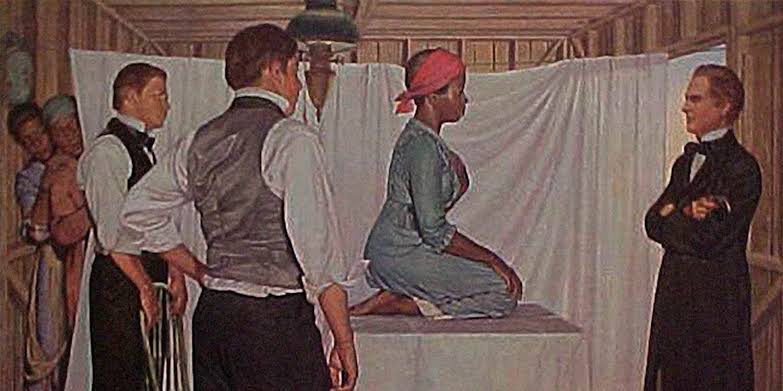
The overdue recognition of Sims’s victims reflects a broader effort to confront the injustices of the past and honor the contributions of marginalized communities to the field of medicine. As Dr. John A. Kenney of the Tuskegee Institute once proposed, it is time to acknowledge the sacrifices of those who were used as “guinea pigs” in the name of scientific advancement, paving the way for a more inclusive and ethical future in medicine.
As we confront the legacy of J. Marion Sims, we must also reflect on the broader implications for modern medicine. The story of Sims and his subjects underscores the need for greater transparency, accountability, and equity in medical research and practice. By confronting the uncomfortable truths of our past, we can work towards a more just and equitable future for all patients.
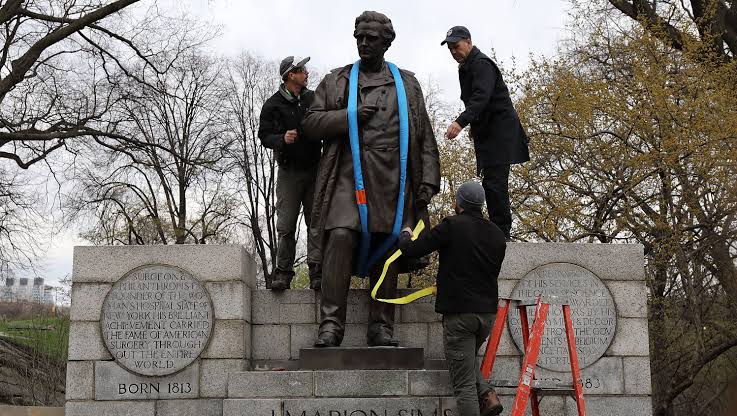
In conclusion, the story of J. Marion Sims is a sobering reminder of the complexities and contradictions of medical history. While his contributions to gynecology are significant, they cannot be divorced from the harm he caused and the lives he exploited in the process. Sims’ legacy serves as a cautionary tale and a call to action for the medical community to prioritize ethics, equity, and justice in all aspects of practice.

